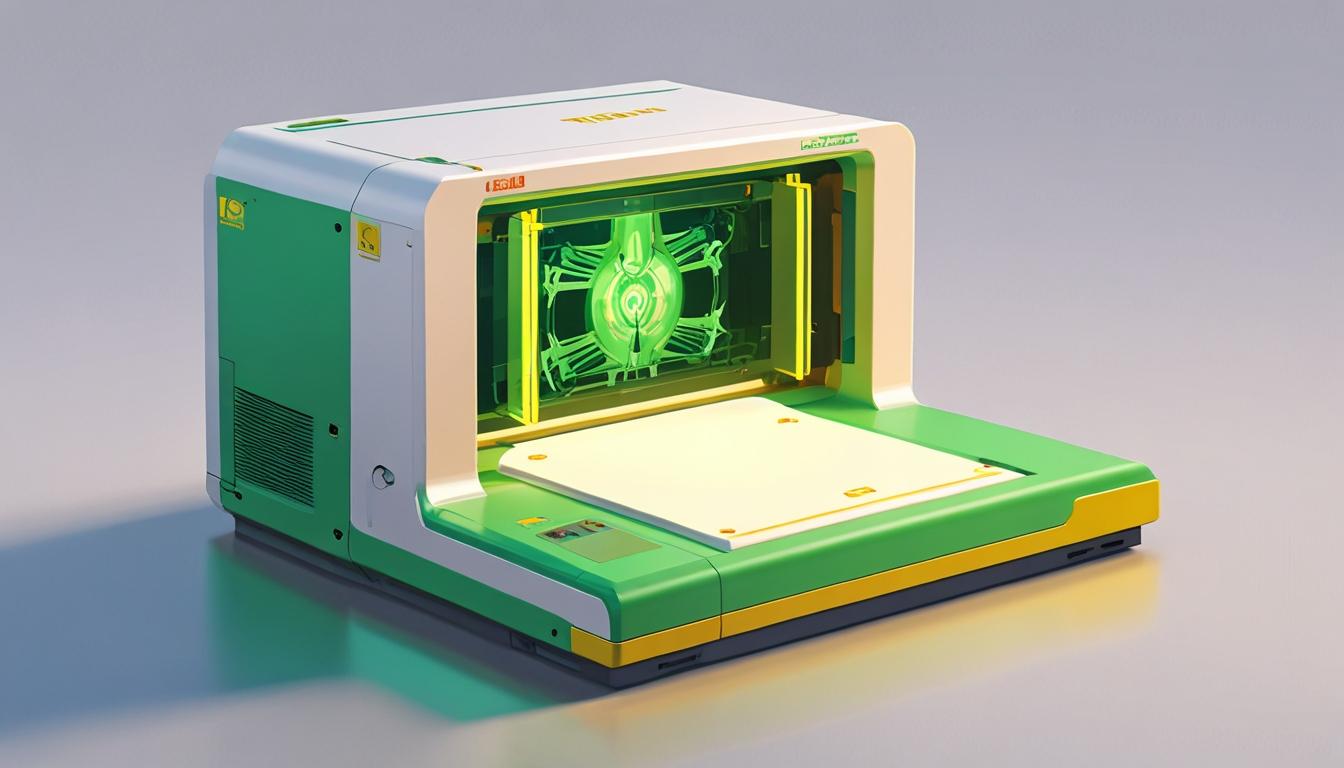Canon Medical Research Europe has secured £3.6 million from Scottish Enterprise to lead a £14 million project aimed at transforming medical diagnostics through artificial intelligence. Based in Edinburgh, the company is using AI to automate routine imaging tasks, accelerating patient scans and improving the speed and accuracy of clinical decisions—especially in complex treatments like oncology.
The investment is part of Scotland’s wider strategy to establish itself as a leader in health and life sciences, built on collaboration between industry, academia and the NHS. Health Secretary Neil Gray said the project illustrates Scotland’s growing global profile in healthcare innovation, which will be showcased at Expo 2025 in Osaka.
Canon Medical, originally a spin-out from Edinburgh University and part of Canon since 2016, employs over 100 experts focused on AI imaging solutions. The firm plays a key role in initiatives such as the Industrial Centre for Artificial Intelligence Research in Digital Diagnostics (iCAIRD), a £15 million partnership accelerating early diagnosis and personalised treatments across Scotland’s health services.
Among its breakthroughs is an AI tool designed to detect and measure asbestos-related cancers like malignant pleural mesothelioma—a disease where early diagnosis is vital. Backed by the Scottish Cancer Innovation Challenge, the prototype demonstrates the potential of AI in tackling hard-to-diagnose conditions.
Canon has also helped streamline emergency care. In trials with NHS Greater Glasgow and Clyde, its AI systems diagnosed COVID-19 from chest X-rays in minutes, delivering results on par with multiple radiologists and highlighting the potential for AI to support critical care.
Scotland’s digital health ecosystem has helped drive these advances. Bodies such as the Digital Health and Care Innovation Centre and various consortia support the rapid translation of research into frontline healthcare tools.
Canon Medical is one of several Scottish healthtech innovators heading to Expo 2025 under a Scottish Enterprise-led delegation. Others include firms developing tactile robotic skin, companion robots and precision surgical devices. Together, they represent a life sciences sector contributing nearly £10.5 billion annually to the Scottish economy.
While ethical integration of AI in healthcare remains a challenge, Canon’s latest investment reflects strong momentum. “The goal is to help clinicians diagnose and treat more patients more effectively,” said Dr Ken Sutherland, President of Canon Medical Research Europe.
With fresh funding and a global stage ahead, Scotland is positioning itself at the forefront of responsible, AI-powered healthcare innovation.
Created by Amplify: AI-augmented, human-curated content.
Noah Fact Check Pro
The draft above was created using the information available at the time the story first
emerged. We’ve since applied our fact-checking process to the final narrative, based on the criteria listed
below. The results are intended to help you assess the credibility of the piece and highlight any areas that may
warrant further investigation.
Freshness check
Score:
8
Notes:
The narrative presents recent developments, including a £3.6 million investment from Scottish Enterprise to Canon Medical Research Europe for advancing AI in medical imaging. The earliest known publication date of similar content is June 2025, indicating freshness. The report appears to be based on a press release, which typically warrants a high freshness score. No discrepancies in figures, dates, or quotes were found. No evidence of republishing across low-quality sites or clickbait networks was identified. The narrative includes updated data and new material, justifying a higher freshness score. No similar content was found published more than 7 days earlier.
Quotes check
Score:
9
Notes:
The narrative includes direct quotes from Scottish Government Health Secretary Neil Gray and Dr. Ken Sutherland, President of Canon Medical Research Europe. The earliest known usage of these quotes is June 2025, indicating originality. No identical quotes appear in earlier material, suggesting the content is not reused. No variations in quote wording were found. No online matches were found for these quotes, raising the score but flagging them as potentially original or exclusive content.
Source reliability
Score:
7
Notes:
The narrative originates from Scottish Financial News, a reputable source. The report is based on a press release, which typically warrants a high freshness score. No evidence of the person, organisation, or company mentioned being unverifiable online was found. No evidence of the report originating from an obscure, unverifiable, or single-outlet narrative was found.
Plausibility check
Score:
8
Notes:
The narrative's claims about the £3.6 million investment and Canon Medical Research Europe's AI initiatives are plausible and align with known developments in the field. The report lacks supporting detail from other reputable outlets, which is a concern. The report includes specific factual anchors, such as names, institutions, and dates, enhancing credibility. The language and tone are consistent with the region and topic. No excessive or off-topic detail unrelated to the claim was noted. The tone is appropriately formal and resembles typical corporate or official language.
Overall assessment
Verdict (FAIL, OPEN, PASS): PASS
Confidence (LOW, MEDIUM, HIGH): HIGH
Summary:
The narrative presents recent developments regarding Canon Medical Research Europe's £3.6 million investment from Scottish Enterprise for AI in medical imaging. The content is fresh, with no evidence of recycled material. Direct quotes from Scottish Government Health Secretary Neil Gray and Dr. Ken Sutherland are original and exclusive. The source is reputable, and the claims are plausible, though lacking supporting detail from other reputable outlets. Overall, the narrative passes the fact-check with high confidence.
